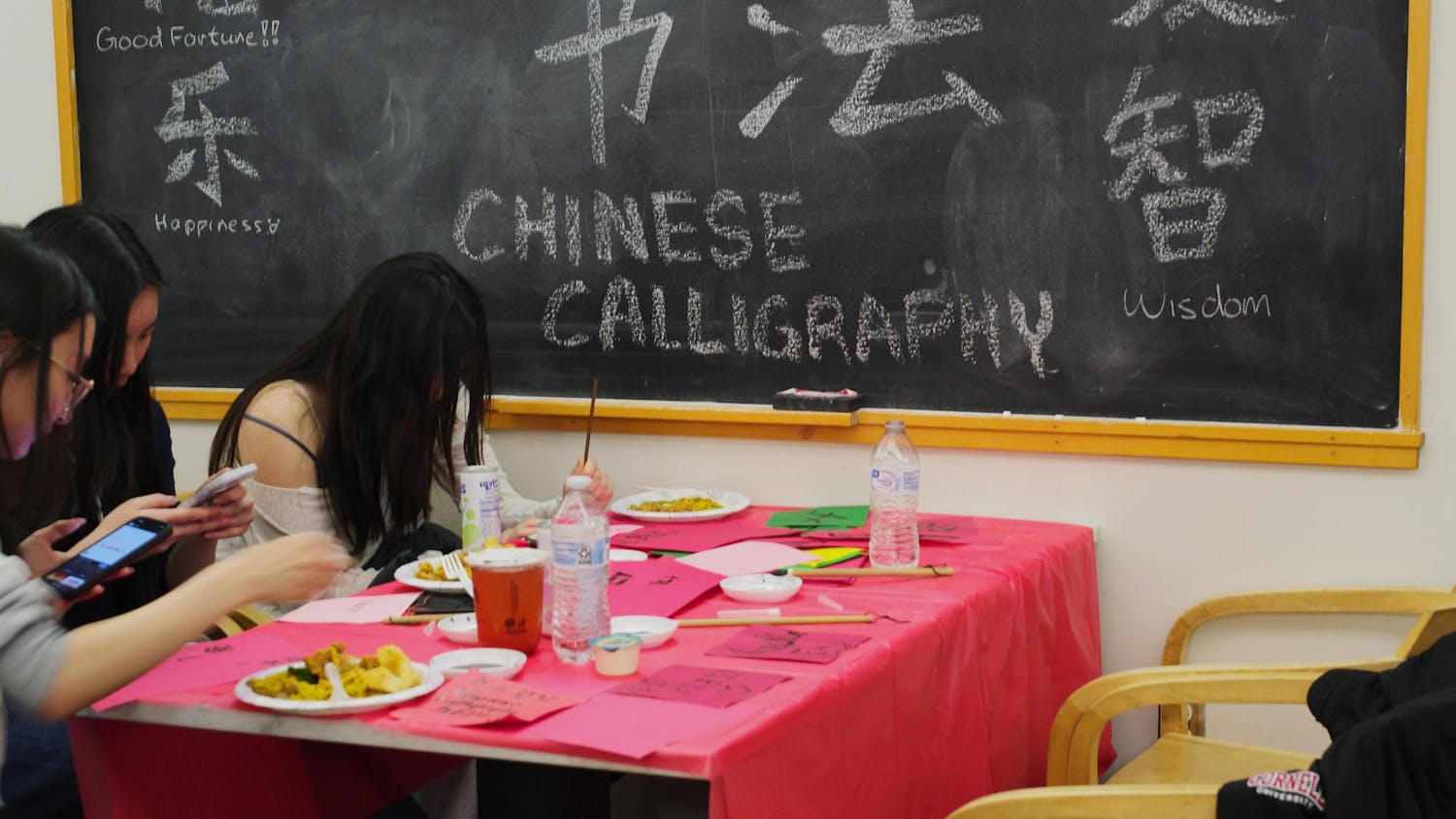In the latest of two administration emails, President Martha E. Pollack and Vice President Ryan Lombardi emphasized that Cornell’s reactivation plan is “the best available option” — even amid growing scrutiny on reopening college campuses.
Pollack affirmed in her email that “every one” of the University’s decisions was driven by its “responsibility to safeguard the health and well-being” of the campus community — not by financial considerations.
Outlining various safety concerns, Pollack reiterated that an in-person semester is the “best possible way for Cornell to limit the spread of the coronavirus, on our campus and across the Ithaca region.”
“We anticipate finding many hundreds, and probably more than a thousand, of coronavirus cases in the Cornell community over the coming semester,” Pollack wrote. “While this is clearly a distressing outlook, it is nevertheless by far the best available option: according to our modeling, with an all-online scenario the number of infections may be as much as six to nine times higher, with several thousand infections.”
The email marks the first from the president about reactivation since she first announced the initial plan on June 30 — even as the plan has faced criticism for prioritizing University finances, backtracking the decision to provide quarantine housing for students from travel advisory states and not publishing the course roster, despite classes starting in less than a month.
In the past month, as cases significantly spiked nationwide, administrators have defended the plan, even as peers institutions did otherwise. Schools like Duke University and Georgetown University have been forced to reevaluate their plans — pushing back their opening dates and even moving the entire semester online.
But Pollack asserted that Cornell is not entirely an outlier, though the specific plans are unique to its situation: “Indeed, all of our Ivy peers — even those that are going all online for classes — are bringing back thousands of their students,” she wrote.
The University of Pennsylvania is the only other Ivy to hold hybrid classes — the rest moved entirely online. Some of the Ivies, like Harvard University, are allowing a small number of students to move in with similar testing requirements even as classes are virtual.
In the email, Pollack referenced the reopening model from Prof. Peter Frazier, operations research and information engineering, as her main source for the decision and the risks. The model’s latest update reevaluated the model under different scenarios and affirmed that more testing is key.
Elaborating on this, Pollack wrote that the Cornellians should expect to be tested often — most likely once or twice a week. “Surveillance testing” will be crucial to identifying infected people early and tracing contacts, Pollack added.
She also said that the University has invested “million of dollars” in isolation spaces and expanding local testing capacity for faster results. This investment included transforming part of a center in the College of Veterinary Medicine into an emergency testing lab.
The second piece for limiting the rate of transmission is the behavioral compact — detailed in Lombardi’s email, sent an hour after Pollack’s.
“Cornell students are adults and private citizens, and the university cannot police every aspect of their personal behavior on and off campus,” Pollack wrote about the compact. “However, I want to be clear to the community, as we have been with our students, that the behavioral compact is binding and will be enforced.”
The compact was first announced at the beginning of July — and though it was initially slated to come out July 28, the University did not release it until Wednesday.
The four-page compact includes a training course and a quiz; students must sign the compact before they can enroll in courses at the end of August. Lombardi explained that its purpose is to name a clear set of expectations and to promote a shared responsibility to protect the community.
Both Pollack and Lombardi wrote about the potential consequences for breaking the compact, which could range from loss of access to campus facilities to suspension from Cornell without a tuition refund.
“Let me be clear: the health and safety of our community depend on our ability to follow the Behavioral Compact, and we will be firm in our expectations for compliance,” Lombardi wrote.

Despite Risk of Over a Thousand Infections, Pollack Reiterates That Reopening is the ‘Best’ Path
Reading time: about 4 minutes
Read More










